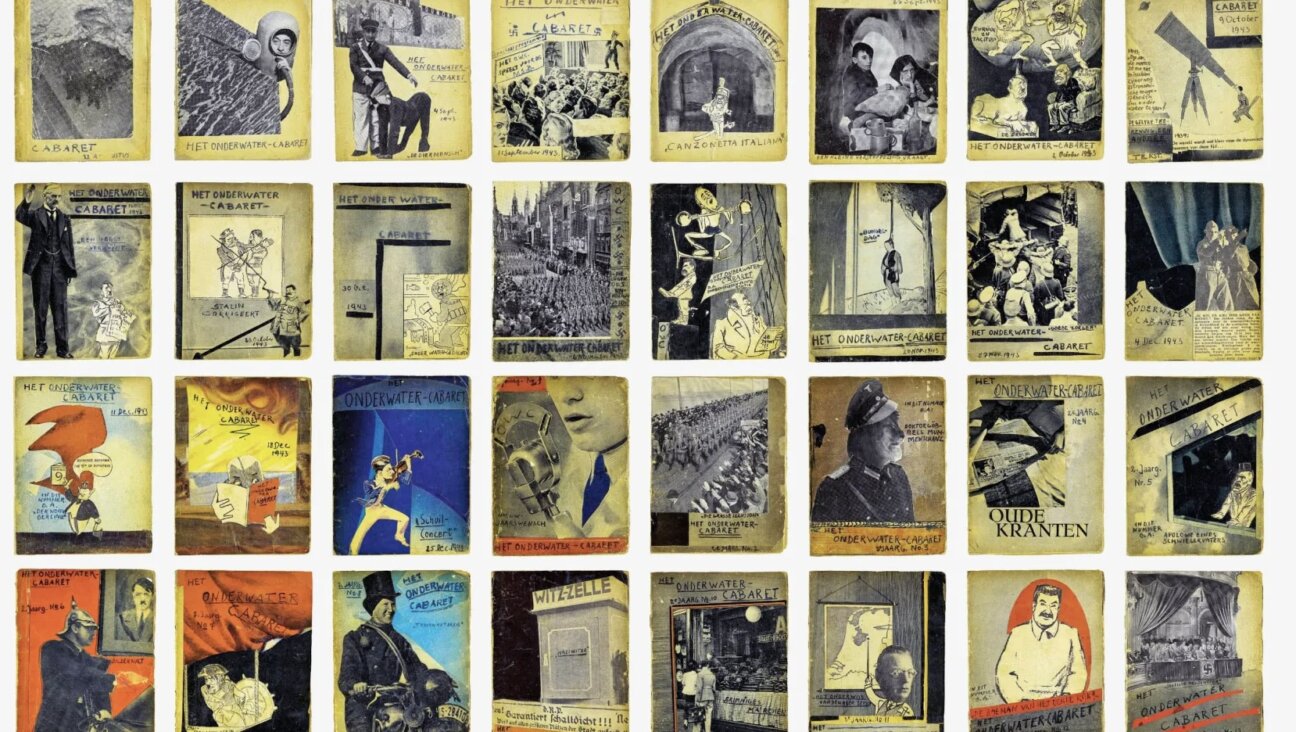The Rock as a Hard Place
I have always found the story of Moses in the Desert of Zin where there is no water and the well has gone dry (Numbers 20:1-12) to be knotty indeed, and the more one struggles with it, the tighter and the more uncomfortable are its bonds. We all know that Moses was supposed to talk to the rock, but instead of doing that, he hit it with his rod. Okay, okay. But what’s the problem? Back at the Wilderness of Sin, at Rephidin, when the people were thirsty and Moses cried out to the Lord for help, the Lord told him to strike the rock to bring forth water so that the people could drink. (Exodus 17:6) Striking a rock, then, is not forbidden as a general rule.
But this time, God didn’t say “strike the rock,” but “speak to the rock.”
In rock talk? In Hebrew? Striking is also a kind of communication, a kind of speech. So I used to argue with myself (who else was there?). About that, God gets technical?
And he takes it not only as a failure of action on Moses’ part but also as a failure of faith! The Lord is all over Moses and Aaron: “Because you believed me not, to sanctify me in the eyes of the children of Israel, therefore you shall not bring this congregation into the land which I have given them.”
And this is Moshe Rabeinu! If he doesn’t have God’s approval and favor (not to mention gratitude), what chance do the rest of us have?
The rabbis try to justify this by explaining that it would have been even a showier miracle if Moses had done as he had been told, had spoken to the rock, and, voilà, water. It would have been a better Kiddush Hashem, a sanctification of God’s name. But is God a performer like that? If the children if Israel were thirsty enough, the replenishment of the well ought to have been sufficiently spectacular, or so one would suppose. But the trick is better, isn’t it, if Moses just talks to the rock, says a few words, and the answer — God’s answer, of course — comes gushing forth.
The commentators are braver than I am and they get back almost to a Bronze Age state of mind, speculating that if Moses had obeyed the Lord, he would have been able to enter into the Promised Land and the Temple would have been built immediately. The world would have reached a higher level of perfection. So it wasn’t just Moses and Aaron who suffered, but all of us and, indeed, the world. Even I have been able to get to the place where I see entrance into the Promised Land as a metaphor for the entrance into heaven for which we all yearn. But actions won’t do it, not even actions as brave as those of Moses. And faith won’t do it either. What we have is the thirst, the dream of water.
There is another, rather subversive thought that floats about, probably Bronze Age and verging on polytheism, found somewhere in the literature — that Moses’ problem was an excess of virtue so great as to arouse the jealousy of the angels. From that appealing and appalling idea, I produced some years ago a poem that I offer for this week’s commentary:
Moses
David R. Slavitt’s books published this year are “Re Verse” (Northwestern University Press), “William Henry Harrison and Other Poems” (Louisiana State University Press) and “Blue State Blues,” a campaign journal (Wesleyan University Press).















